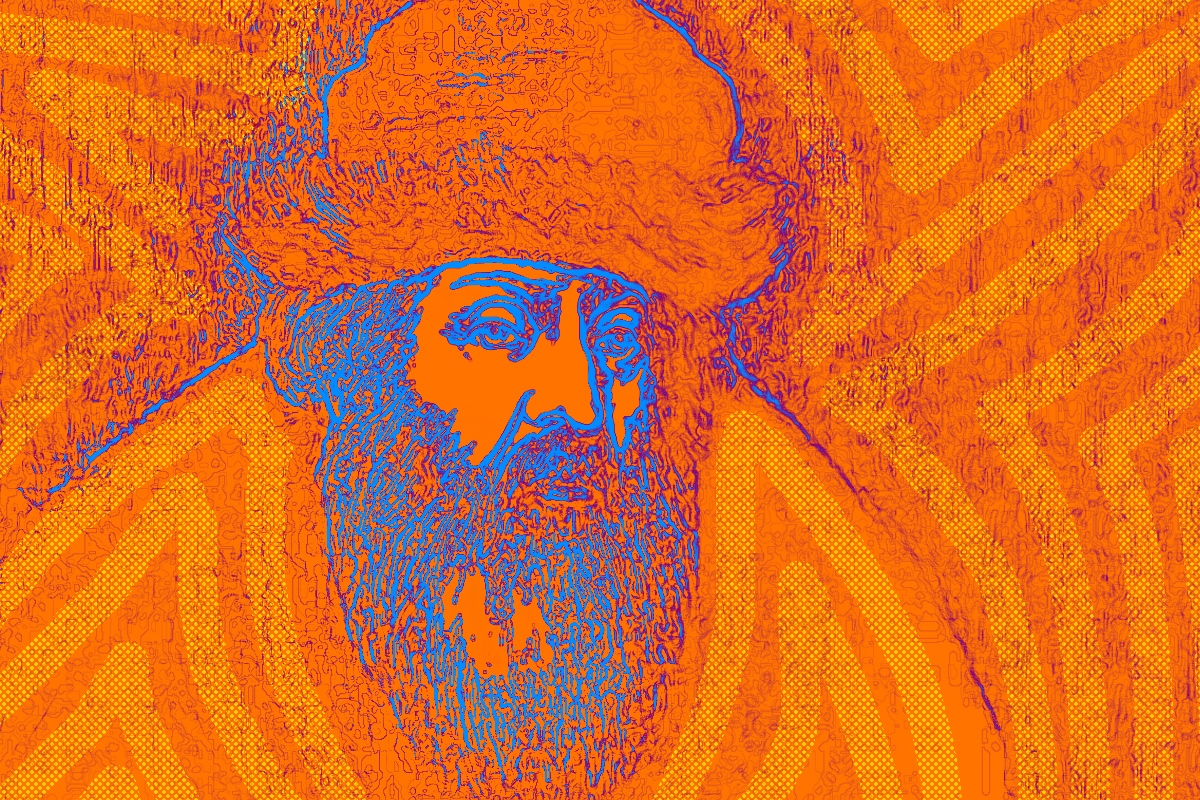From the blindness of Isaac to the unflagging vigor of Moses to the frailty of King David to the madness King Saul, the Hebrew Bible — not to mention the mighty stream of rabbinic literature that flows forth from it — is full of rich and variegated presentations of growing older.
Perhaps none of these reflections is more poignant than a very brief line that appears in the Book of Psalms: “Do not cast me away in the moment of my old age; when my strength fails do not abandon me!” (Psalm 71:9). It is hard to imagine a more universally urgent entreaty. Whether in the context of caring for the elderly or caring for ourselves as we age, the fear of abandonment, of encroaching obsolescence and loneliness, is both ever present and, all too often, justified by those doing the abandoning. And so the psalmist calls out to God for comfort, imploring God to make real the vision of the righteous as trees that “still bear fruit in old age, remaining ever fresh and fragrant.” (Psalm 92:14)
Over 2,000 years later, the Jewish mystic the Baal Shem Tov, perhaps sensing the affinity between these two verses, reread the verse from Psalm 71 in startling fashion — one that shifts the onus of responding from God to the human being, and yields the following translation: “Do not send the moment into old age.” Do not consign the present to dusky obsolescence, teaches the Baal Shem Tov; rather, attend to the never-ending process of renewal, both with respect to creation and with respect to human being.
The upshot: Regardless of how old we are, each and every day we have the ability to see ourselves and the world around us anew. This is why one of the most prominent examples of God’s grace in the Hebrew Bible, or Tanakh, is Sarah’s ability to bear Isaac in her old age. And this is why the Babylonian Talmud goes to great lengths to tell us that Rabbi Akiva, a towering ancient sage, was illiterate until the age of 40. So long as we are living, our tradition insists, we have the opportunity to learn and grow.
With your help, My Jewish Learning can provide endless opportunities for learning, connection and discovery.
And yet Jewish tradition is clear-eyed and compassionate about the very real toll that aging exacts. While the path of renewal may remain open always, Jewish tradition likewise wrestles and reckons with the reality that our bodies and minds are frail and that, in the end, they will fail us.
Consider the case of the broken tablets: At the climax of one of the Torah’s most dramatic and fraught narratives —the story of the Israelites worshipping the golden calf — Moses shatters the first copy of the Ten Commandments in anger. Shortly thereafter God instructs Moses to re-create the tablets. In recounting this episode, the ancient rabbis suggest that both the intact tablets and the broken tablets were ultimately stored in the Ark of the Covenant, effectively equally sacred objects. In a striking passage from the Babylonian Talmud, Rav Yosef likens the broken tablets to a Torah scholar who forgets what he has learned in sickness or old age. Just as the broken tablets were kept in a place of great honor, so too must we treat the rabbi as a great sage. Menachot 99a
In a touching narrative turn, we later discover that Rav Yosef himself suffers from dementia as an old man and that whenever he would encounter a halachic idea he would say, “I’ve never heard of such a thing before.” BT Nedarim, 41a His prize student, Abaye, would then gently remind him, “Master, it was you who taught it to us in the first place.”
In the end, Jewish tradition asks us to hold on to both of these perspectives. On one hand, we must never foreclose on the possibility that the aged have the capacity for growth and renewal. On the other hand, we must not deny the rigors of aging, but rather meet them with compassion, grace, and respect.

